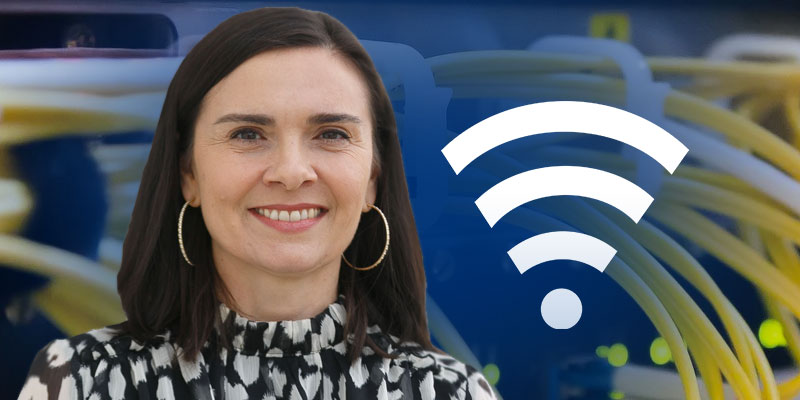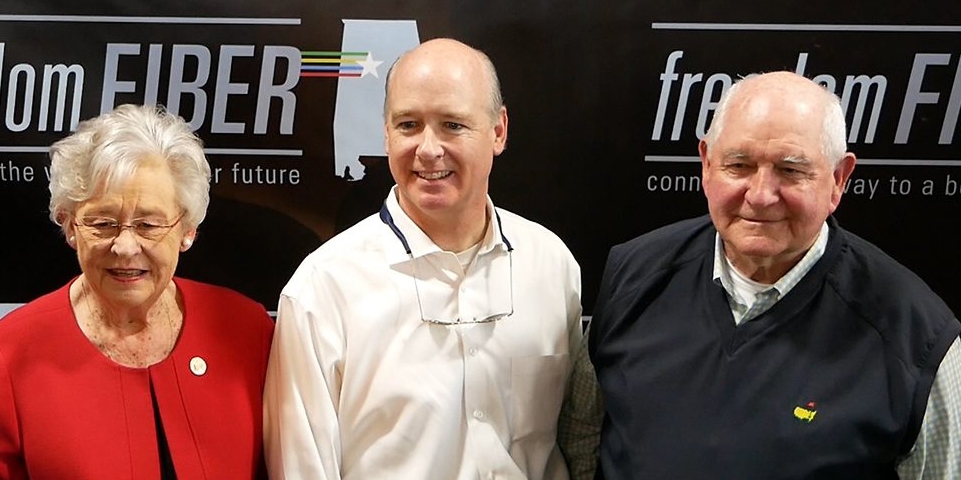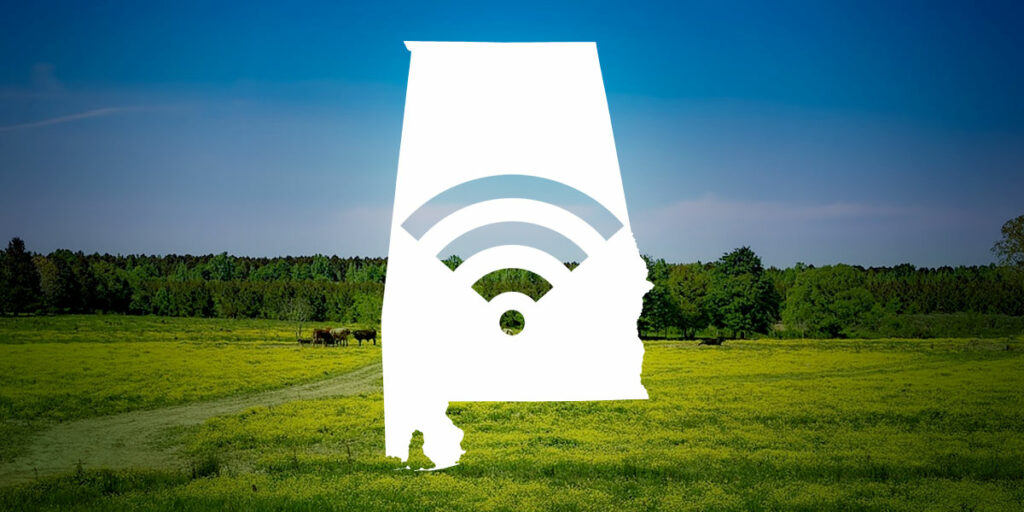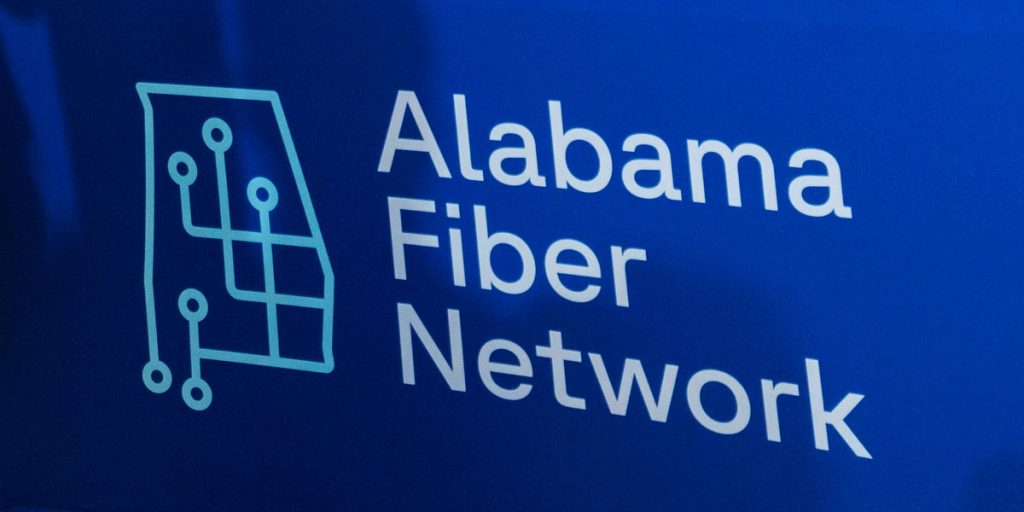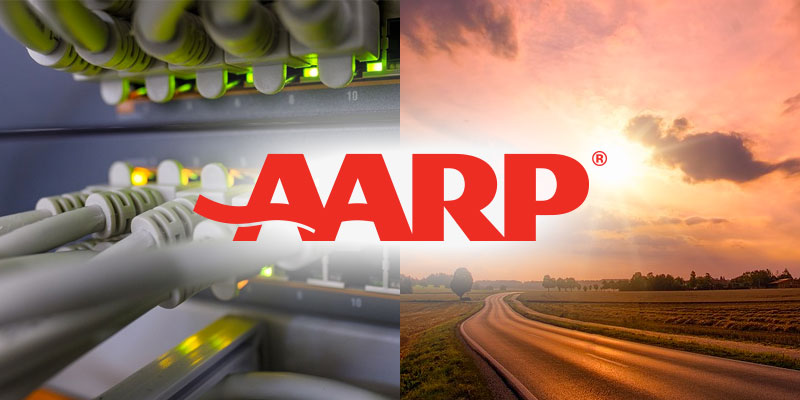As it turns out, we just thought we understood how much we needed better broadband accessibility in Alabama. Rural farmers, hospitals, and schools have been telling us for years that the inequality of our broadband infrastructure created two classes of Alabamians: internet haves and have-nots. State leaders mostly agreed and promised to address it … eventually.
But in a state with many pressing needs, rural broadband initiatives never pushed their way to the front of the line until a global pandemic upset our entire economy and educational system overnight.
Suddenly countless Alabamians found themselves working and trying to achieve an education from home. The lack of reliable, high-speed internet made it almost impossible for many.
School systems and municipalities tried to compensate with WiFi-enabled buses parked in strategic locations, and hard-copy learning packets available to students with no access. But these were band-aids on a gaping infrastructure wound.
Professionals suddenly found themselves parking near a McDonald’s to participate in Zoom video calls with employers and clients. Nothing says “peak productivity” like working from your sweaty car outside a fast-food joint.
College students dismissed from campuses and sent back to rural homes to complete the semester may have had it worst of all. Higher education is even more digitally-driven than K-12 these days, and these students were suddenly asked to participate in 2020 learning using 2005 internet speeds.
Now that we have run head-first into the depth of our need, what can we do to make up for lost time and give all Alabamians full access to economic and educational opportunities?
A recent poll commissioned by the Alabama Policy Institute found that a whopping 75.2% of respondents favored using federal CARES Act funding to blanket the state with sufficient broadband access. Additionally, Senate Pro Tem Del Marsh has indicated that the legislature is now fully awake on the issue, calling out our “stunning lack of rural broadband investment” just this week.
The $1.8 billion in CARES Act monies Alabama has received represent an opportunity to hit this problem in the mouth. However, we can’t waste the money on solutions held together with duct tape and optimism. Current expectations for business and educational work online include the capacity to stream video, utilize video-driven communication platforms, handle large files and more. We need future-proof infrastructure that can keep up with the rapidly increasing demand for bandwidth.
Rural cooperatives can play an important role in helping the state meet this challenge. They’ve been delivering utilities to rural Alabamians for decades. Our co-ops possess a great deal of the infrastructure and know-how to help us achieve full coverage with high-speed internet — a utility now as essential to Alabamians as the electricity and telephone service they made accessible in decades past.
What’s more, the “new normal” forced upon us by quarantine showed us ways that full internet connectivity for all can improve our quality of life across the board. It introduced many families to a different kind of education, causing greater interest in remote learning and homeschooling. True educational choice is dependent on access to alternative instruction and resources.
The reduction in regulation around telemedicine during the shutdown allowed us to see how it can better connect aging and rural populations to quality healthcare. Diversifying how we deliver care will be a factor in reducing runaway healthcare costs in the future.
For all the old reasons — and for reasons we’re just beginning to understand — now is the time to get all of Alabama online. We will never be able to capitalize on opportunities for rural economic development or attract educated professionals back to the communities that raised them without giving them the tools to thrive there.
COVID-19 caught Alabama’s broadband infrastructure standing flat-footed this time around. Let’s make sure the next challenge doesn’t find us in the same posture.
Dana Hall McCain, a widely published writer on faith, culture, and politics, is a Visiting Fellow of the Alabama Policy Institute; reach her on Twitter at @dhmccain.
API is an independent, nonpartisan, nonprofit research and educational organization dedicated to free markets, limited government, and strong families, learn more at alabamapolicy.org.




